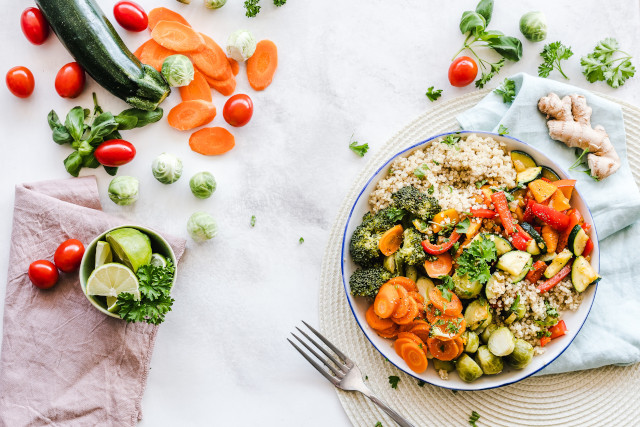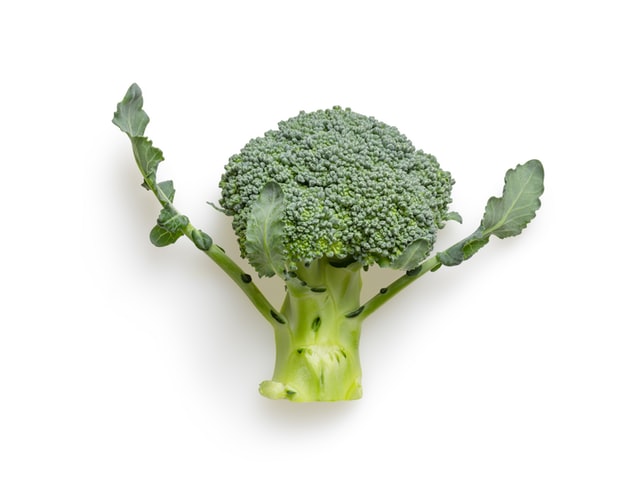
This trustworthy vegetable will not only help you fight against diabetes. It has many more magical specifications that will benefit your health and self-esteem. In the United States, 29 million people suffer from type 2 diabetes. Despite the strenuous efforts of medical services, this number is increasing every year.
Contents
Broccoli contains a substance that may help people with type 2 diabetes control their blood sugar levels. If these reports are confirmed, it will mean salvation for millions of people worldwide.
The vegetable of the family Brassicaceae, with a solid green color, is so-called because of the way they are arranged in the head. A vegetable belonging to the cruciferous family. It is native to the Mediterranean and was known in that region as early as ancient times. They should be a regular part of the diet for diabetics and people with chronic diseases.
They are one of the best-known concentrated sources of glucosinolates, such as glucoraphanin. The latter is mainly broccoli sprouts. Glucosinolates have been shown to help raise the insulin resistance threshold and lower blood sugar levels.
People with type 2 diabetes notice the above, especially when supplemented in powder or extract form. They are cruciferous vegetables rich in vitamins, fiber, or phytochemicals that help fight disease, including type 2 diabetes. Due to the Sulforaphane found in them, Broccoli is a natural medicine to control sugar levels in diabetes, affecting about 450 million people worldwide.
In people with type 2 diabetes,. Besides Broccoli, other cruciferous vegetables reduce the risk of this form of disease. When it comes to Broccoli as well as broccoli sprouts, they are best eaten raw or lightly steamed.
In fact, eating cruciferous vegetables has also been associated with a lower risk of type 2 diabetes. Keep in mind that the best way to get the most nutrients is to eat broccoli and broccoli sprouts raw or lightly steamed.
Broccoli and diabetes
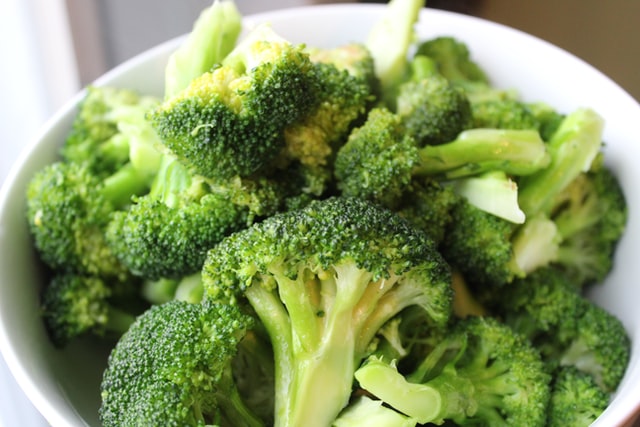
Broccoli, otherwise known as green cauliflower or cabbage, has unique properties and nutritional value, making it one of the healthiest vegetables in the world. In addition, Broccoli's taste is more delicate than its cousin cauliflower, and thus it is definitely tastier and can be composed with many dishes.
Type 2 diabetes usually develops in middle age in overweight people. Their body stops responding to insulin, which controls blood glucose levels. As a result, glucose levels rise, and with them comes the risk of heart attack, vision loss, and kidney problems.
Diabetics are often prescribed metformin to help lower glucose levels. However, as many as 15 percent of patients cannot take this drug because of the risk of kidney damage.
A chemical compound in Broccoli called Sulforaphane can also lower blood sugar levels, according to a study conducted on diabetic rats.
Magical values of broccoli
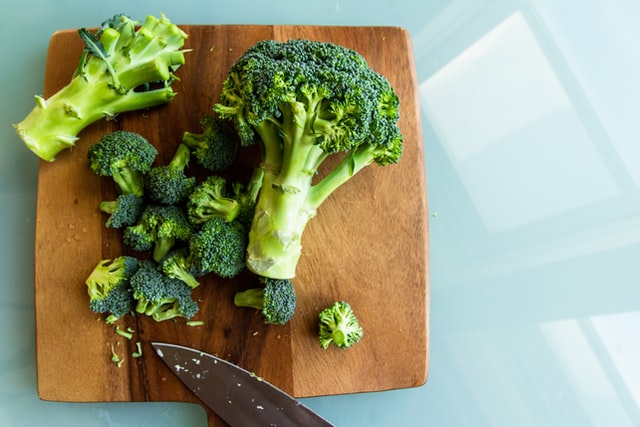
Broccoli contains a substance that may help people with type 2 diabetes control their blood sugar levels. If these reports are confirmed, it will mean salvation for millions of people worldwide.
Broccoli has unique health properties. They protect against cancer, stomach ulcers, anemia, benefit vision function, and regulate blood sugar levels.
Broccoli owes its unique properties to Sulforaphane, which stimulates the production of an enzyme that protects your blood vessels and allows them to better recover. Furthermore, these vegetables contain chromium, whose interaction with insulin ensures the ideal maintenance of optimal blood sugar levels.
Check out the nutritional and health properties of Broccoli. Especially important for diabetics. All thanks to the content of vitamins, minerals, and Sulforaphane - a powerful antioxidant.
Glycemic index
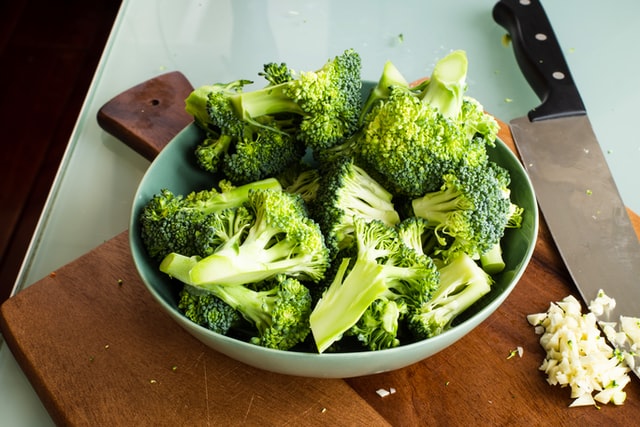
However, diabetics should reach for them not o1nly because of their low glycemic index. Reduce the risk of cardiovascular disease in diabetics, who, because of their high blood glucose levels, are up to five times more likely than other patients to develop these diseases
GI=15
Broccoli - nutritional values
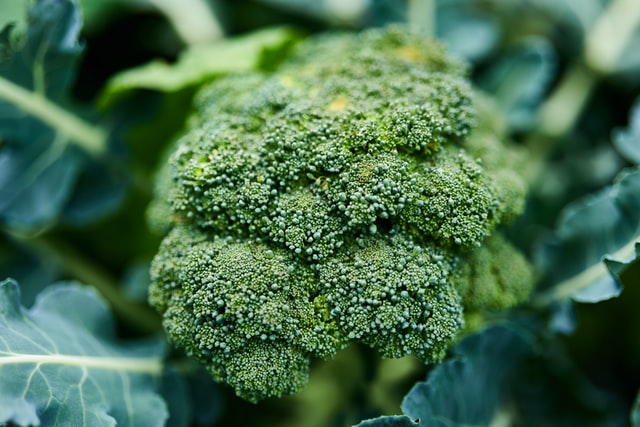
Broccoli should be in our diet because it contains many nutrients beneficial to health. The first of these is kaempferol from the flavonoid group, which acts anti-inflammatory and prevents the occurrence of allergies. Broccoli is also rich in vitamins K and A, which help the body absorb vitamin D.
Besides, one of them, vitamin A, also called the vitamin of youth, delays the aging process, prevents night blindness, and strengthens bones.
The nutrients found in Broccoli also include: dietary fiber, which is 100 grams of the product is up to 2.6 grams; carotenoids - zeaxanthin and lutein, improving eyesight; glucoraphanin, which during the digestion process is transformed into another chemical compound, supporting skin regeneration and antioxidants fighting free radicals.
Broccoli also contains potassium, which is responsible for eliminating cramps; calcium - in 100 grams of the product, there is as much as 4% of the daily requirement for this substance and vitamin C (about 65 mg per 100 grams).
Vitamins
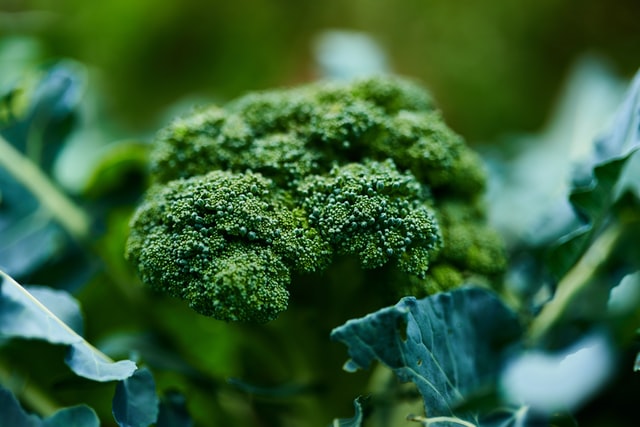
- Vitamin C
- Thiamine
- Riboflavin
- Niacin
- Vitamin B6
- Folic acid
- Vitamin A
- Vitamin K
- Minerals
- Calcium
- Iron
- Magnesium
- Phosphorus
- Potassium
- Sodium
- Zinc
Nutrition value of boiled Broccoli in 100 g
- 35 kcal
- 2.38 g Protein
- 0.41 g Fat
- 7.18 g Carbohydrates
- 3.3 g Fibe
Keep in Mind
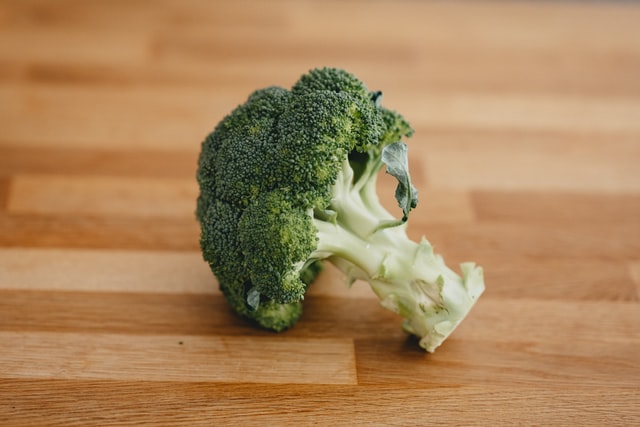
The valuable nutritional benefits of Broccoli are also associated with the content of phytochemicals, especially lutein, zeaxanthin, and flavonoids - kaempferol, quercetin, and Sulforaphane. Thanks to lutein and zeaxanthin, Broccoli positively affects eyesight and protects against many disorders of this organ, e.g., it reduces the risk of macular degeneration.
Kaempferol and quercetin have anti-inflammatory and anti-allergenic effects, while Sulforaphane helps remove toxins and carcinogenic substances.
Sulforaphane is a substance contained in Broccoli that may be useful in the treatment of type 2 diabetes, according to researchers at Lund University in Malmö, Sweden. The scientists tested the effects of using this compound in patients with diabetes. The Swedish researchers considered the genetic profile of the affected tissues and potential diabetes drugs.
In particular, they analyzed 50 genes associated with diabetes and 3852 different compounds. Among the latter, Sulforaphane, a substance naturally found in Broccoli and other cruciferous vegetables, gave the most promising results.
The mechanisms of action of metformin and Sulforaphane are different. Under the influence of metformin, cells become more sensitive to insulin, so they absorb excess glucose from the bloodstream. On the other hand, Sulforaphane inhibits liver enzymes that stimulate glucose production.
Therefore, in people who do not have contraindications to taking metformin, taking both drugs simultaneously could be more effective than just one of them. It is noteworthy that 15% of people with chronic type 2 diabetes cannot take metformin because they are at risk of kidney damage.
The medicinal properties of Broccoli
Broccoli can protect against ulcers
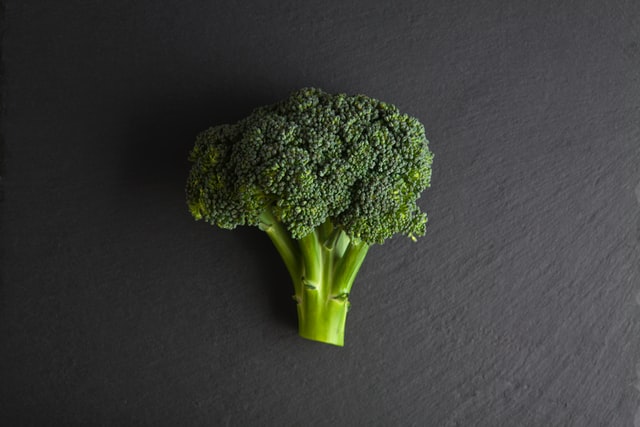
Broccoli and sprouts can protect against gastric and duodenal ulcers. Sulforaphane contained in these green vegetables destroys Helicobacter pylori - bacteria that may contribute to the development of ulcers and many other disorders, including gastritis, esophagitis, and even stomach cancer - convince researchers from Johns Hopkins University School of Medicine in Baltimore (USA).
Their study shows that Sulforaphane kills Helicobacter pylori regardless of whether the bacterium is inside or outside the gastric mucosa cells. Moreover, it even kills strains that become resistant to commonly used antibiotics.
Broccoli for high blood pressure
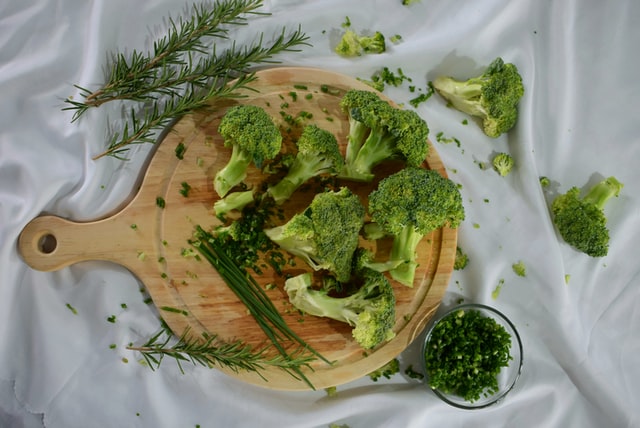
Broccoli is a treasure trove of potassium - 100 g of cooked vegetables containing 295 mg of this element. Thanks to potassium, blood vessels are more permeable, making the blood circulate more freely. The result is a drop in blood pressure.
In addition, potassium accelerates the excretion of excess sodium from the body, which also helps lower blood pressure. Therefore, people struggling with hypertension should reach for them.
Broccoli for strong joints
Broccoli strengthens joints and makes them more flexible. It is a good source of vitamin C (64.9 mg in 100 g of cooked vegetables), which is necessary for collagen production, builds cartilage, improves the connective tissue condition, and is responsible for the state of joints and tendons.
Broccoli for healthy eyes
Broccoli contains lutein, zeaxanthin, vitamin B2, and vitamin C, protecting against age-related eye disorders. Among other things, they can reduce the risk of macular degeneration.
Broccoli and weight loss
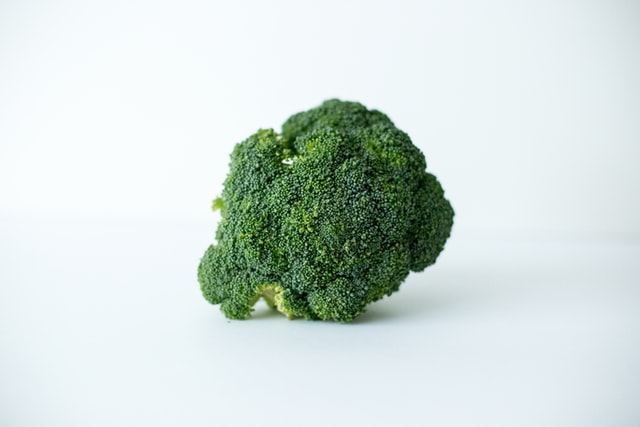
Broccoli is low in calories - 100 g of cooked vegetables provides only 35 kcal. In addition, they have fiber, which fills the stomach, giving a feeling of satiety for a long time, thus preventing snacking.
However, they should not be the main component of a slimming diet because, like other brassica vegetables, they cause bloating and gas.
Broccoli may alleviate symptoms of autism
Broccoli can temporarily alleviate the symptoms of autism, argue researchers from MassGeneral Children's Hospital and Johns Hopkins University of Medicine (USA) in the pages of the journal "PNAS."
All thanks to the sulforaphane content, which protects against inflammation caused by oxidative stress, characteristic of people with autism. According to researchers, therapy with this substance improves patients' overall functioning.
According to the study, patients who previously did not communicate by voice, speech, or gesture became more communicative (e.g., shake hands with another person). Their strange behaviors have also been reduced. Unfortunately, the effects of the therapy are only temporary and disappear with its termination.


